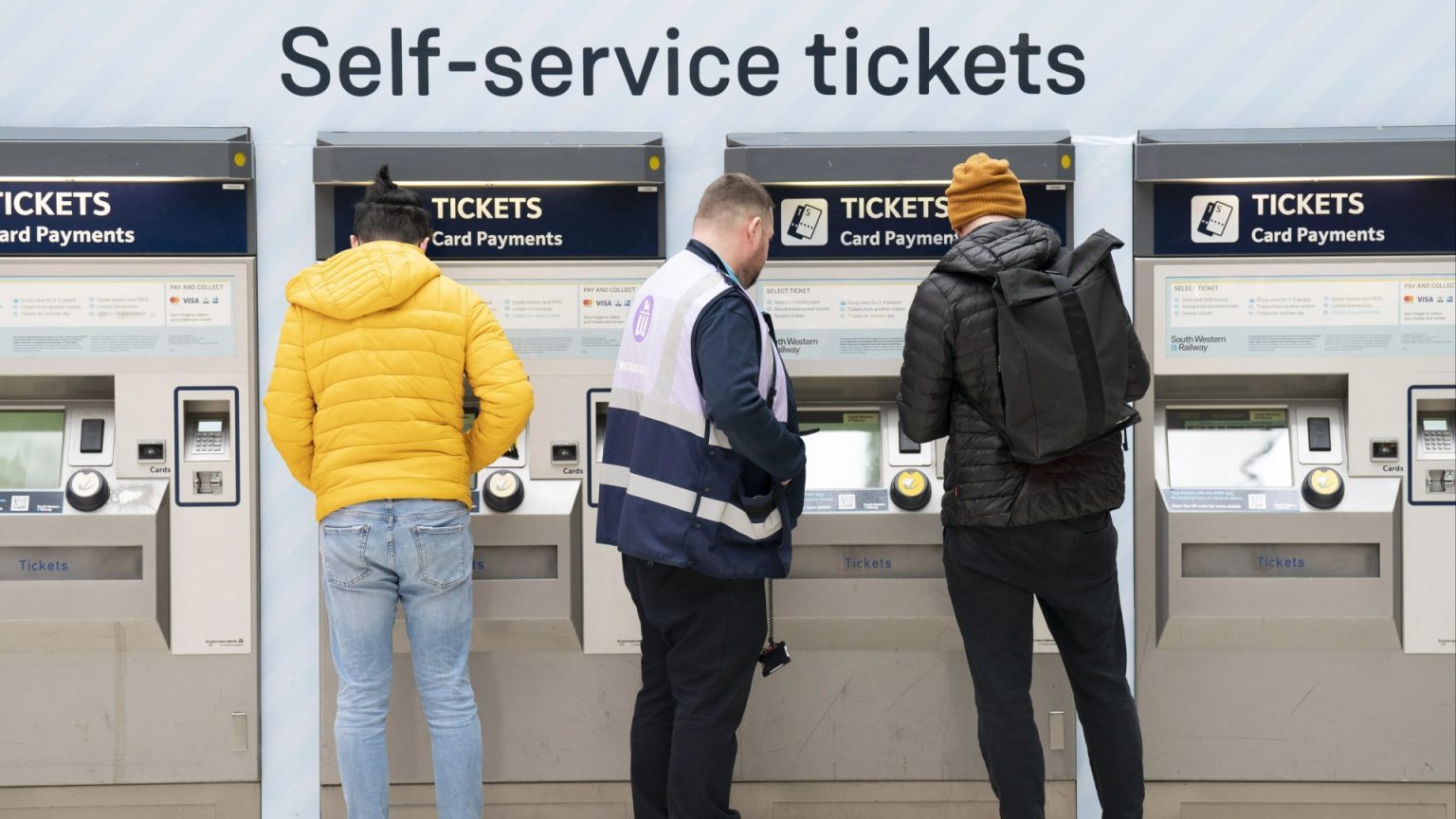The Department for Transport (DfT) has announced a major rail ticket sale, offering over two million discounted tickets across Britain. This initiative aims to provide passengers with affordable travel options and boost rail travel following the pandemic. The sale, starting January 14th and ending January 20th, covers journeys from January 17th to the end of March. A wide range of routes operated by almost all UK train companies, excluding Hull Trains, Lumo, and Merseyrail, are included in the promotion, with significant price reductions available on Advance and Off-Peak tickets. This initiative echoes a similar successful sale in 2024, which resulted in substantial savings for passengers and a notable increase in rail journeys. The DfT highlights this sale as part of a broader government commitment to improve living standards and place乘客 at the core of rail services.
The sale offers substantial discounts, with examples such as London to Newcastle fares dropping from £52.10 to £23.60, Nottingham to Manchester from £18.50 to £9.20, and Glasgow to Inverness from £28.10 to £14.10. These represent significant savings for travelers, making rail travel a more attractive and affordable option. Passengers are encouraged to book early, as the discounted tickets are available on a limited basis. The DfT emphasizes the success of the previous year’s sale, which saw significant passenger savings and a boost in rail travel, and aims to build upon this success with an even larger sale in 2025. Transport Secretary Heidi Alexander emphasizes the government’s commitment to providing affordable travel options and encouraging greater use of the rail network.
This initiative comes as the rail industry celebrates the 200th anniversary of the world’s first passenger train service. The rail sale is presented as a way to commemorate this milestone while also providing tangible benefits to passengers. Jacqueline Starr, chief executive of the Rail Delivery Group, emphasizes the historical significance of the railways and their integral role in the UK, connecting this historical context with the contemporary focus on providing affordable and accessible rail travel. The sale is positioned as a celebration of this historical legacy and a reflection of the ongoing importance of the rail network.
However, the announcement of the sale comes amidst impending fare increases scheduled for March 2nd. The DfT has capped regulated fare increases at 4.6%, affecting season tickets and certain off-peak and flexible tickets. While unregulated fares are set by individual operators, similar increases are anticipated. This context creates a mixed message for passengers, with the short-term benefits of the sale potentially overshadowed by the longer-term prospect of higher fares. This juxtaposition raises questions about the overall affordability of rail travel and the impact of these competing factors on passengers.
Further, the announcement has been met with criticism from the opposition, with Shadow Transport Secretary Gareth Bacon dismissing the sale as a temporary measure that fails to address broader issues within the rail network. Bacon points to recent delays and disruptions, attributing them to government policies and union agreements. This political context highlights the ongoing debate surrounding the management and performance of the rail industry. The sale is positioned within a larger political narrative surrounding the effectiveness of government policies and their impact on passengers.
Beyond the current sale, various strategies exist for saving money on train travel. Railcards offer discounted fares for specific demographics, such as young people, families, and groups traveling together. Advance booking is generally recommended, as ticket prices tend to increase closer to the travel date. Season tickets offer substantial savings for regular commuters. Comparison websites and apps can help find the cheapest fares across different operators. Understanding these options empowers passengers to make informed choices and potentially reduce their travel costs. These strategies highlight the importance of planning and utilizing available resources to secure the most affordable rail travel options.


